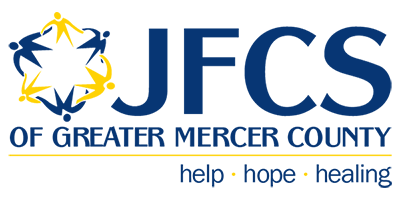 Quarantine depression is part of our new daily vocabulary along with masks, social distancing, and hand sanitizer. This quarantine depression and fatigue is different from clinical depression because the feelings are brought on by the circumstances of the pandemic, whereas clinical depression can happen for a variety of reasons and does not have an external cause, can be chronic and persistent.
Quarantine depression is part of our new daily vocabulary along with masks, social distancing, and hand sanitizer. This quarantine depression and fatigue is different from clinical depression because the feelings are brought on by the circumstances of the pandemic, whereas clinical depression can happen for a variety of reasons and does not have an external cause, can be chronic and persistent.
What can quarantine depression look like?
- Feeling fatigued even when you haven’t engaged in physical activity or upon waking
- Sleeping more than usual
- Having difficulty falling asleep or staying asleep
- Changes in appetite
- Significant weight gain or loss
- Feeling “on edge” or having difficulty dealing with normal life stressors
- Lack of interest in previously enjoyable activities
- Lack of interest in maintaining relationships, even over virtual methods, such as text, email, and video calling
Tips and Strategies to Manage Quarantine Depression:
- Do something each day, it doesn’t have to be a lofty goal, anything is better than nothing and you will find pleasure in checking something off your list.
- Exercise. Go outdoors for a walk, ride your bike, or sit on the porch; the benefits of the fresh air and Vitamin D from the sun can help to boost your mood.
- Meditation. The psychological benefits of meditation are wide ranging: heightened creativity, decreased stress and anxiety, decreased irritability, improved memory and even increased happiness and emotional stability.
- Listen to music. It has been proven scientifically that listening to your favorite music improves your mood.
- Practice self-compassion. Turn off that critical dialogue, what we say to ourselves influences everything; start using supportive, encouraging words.
- Focus on what you can do and accept the things you cannot change.
- Keep a daily gratitude journal; this will help you appreciate the positives which can help reduce stress.
- Stay connected. Even though we cannot be physically together, make that phone call, write an email or letter, send a text to check in with your friends and family.
A licensed therapist can help you identify the causes of your depression and provide the necessary support to help improve your quality of life. Reach out to JFCS…
- During our Drop-in Hours (Mon, Wed, Fri 10 AM – 12 PM or Tues, Thurs 5 – 7 PM) call 609-987-8100 Dial 0
- Connect with our intake coordinator for ongoing counseling at 609-987-8100 Ext 102, we are currently providing therapy via phone and video calls
Shirley Bellardo, LCSW, LCADC (Director of Clinical Services)


